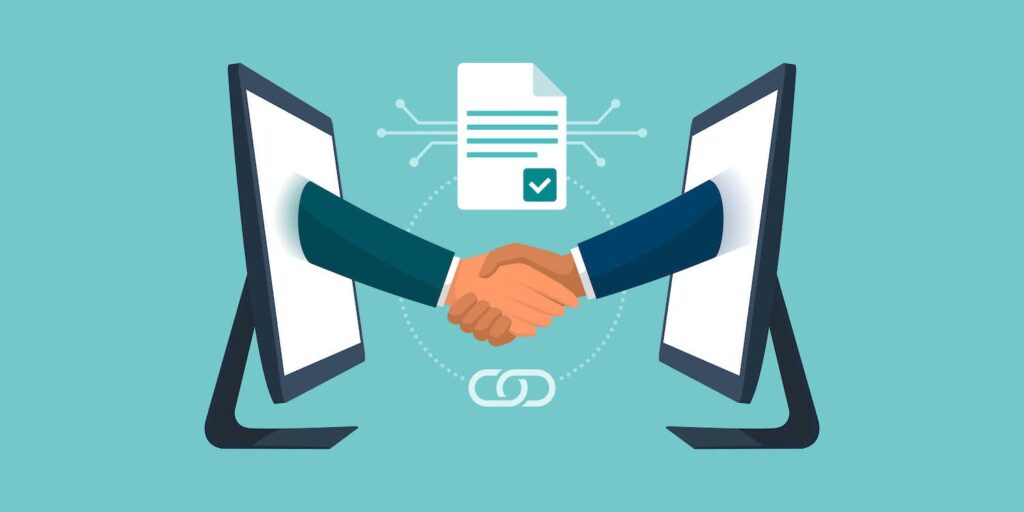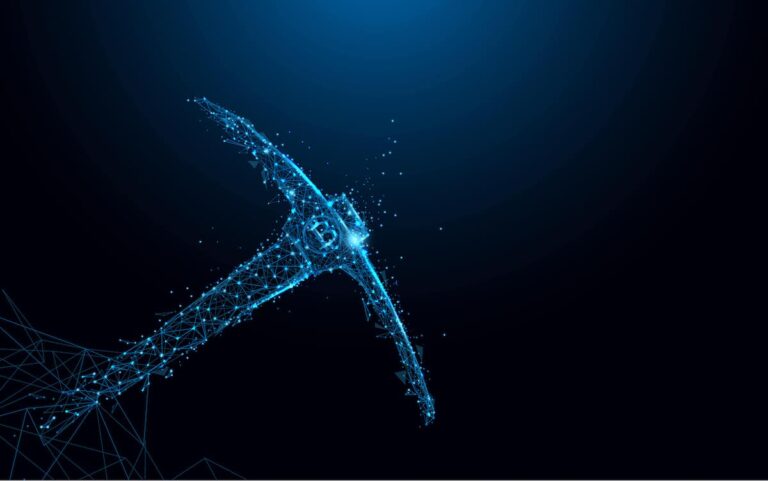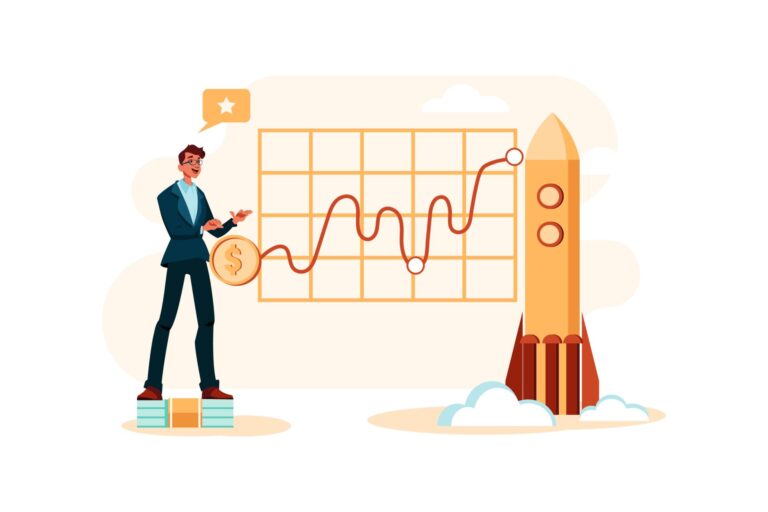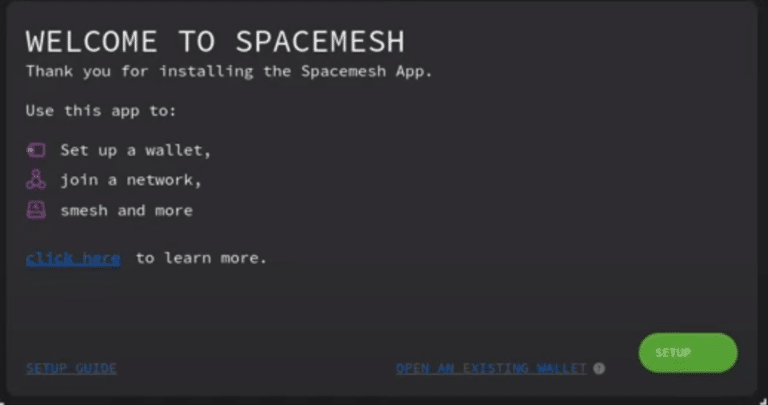1. Introduction: Understanding the Importance of Bitcoin Mining
Bitcoin, the first and most popular cryptocurrency, has revolutionized the financial world with its innovative approach to digital transactions. At the heart of this groundbreaking technology lies the intricate process of Bitcoin mining. Understanding the importance of mining in the Bitcoin blockchain is essential to grasp the overall functioning and security of the network.
In this article, we will explore the integral role of mining in the Bitcoin blockchain, its impact on network security, and the crucial function miners play in processing transactions. We will also delve into the potential challenges faced by the mining community and discuss the future of Bitcoin mining in a world that is increasingly embracing renewable energy sources.
So, if you’re curious about the world of Bitcoin mining and its significance in the larger crypto ecosystem, read on to learn more about this fascinating process.
2. The Basics of Bitcoin Mining: Unraveling the Mystery
Picture yourself as a digital treasure hunter, navigating through a vast, complex cryptographic puzzle. Your goal? To find a precious gem known as a ‘block’ and add it to a magnificent chain of treasures – the Bitcoin blockchain. That’s what Bitcoin mining feels like! In this section, we will take you on a journey through the mysterious world of Bitcoin mining, revealing all the essential elements of this captivating process.
How Mining Works: Solving Puzzles For The Greater Good
Mining is the process of solving complex mathematical problems to validate and secure Bitcoin transactions. Miners use powerful computer hardware to search for the solution, competing with others to be the first to solve the puzzle. When a miner finds the solution, they’re rewarded with newly-minted bitcoins and transaction fees. This process not only validates transactions but also introduces new bitcoins into circulation.
Mining Pools and Solo Mining: Strength in Numbers or Lone Wolf?
Miners have the option to either join forces or go solo in their quest for block rewards. Mining pools are groups of miners who combine their computing power to increase their chances of finding a block. When a pool successfully mines a block, the rewards are distributed among the members according to their contributed mining power. Solo mining, on the other hand, involves a miner working independently. While the potential rewards are higher for a solo miner, the chances of finding a block are significantly lower due to the intense competition.
Mining Hardware: The Tools of the Trade
To conquer the challenges of Bitcoin mining, miners need powerful and efficient hardware. In the early days, mining could be done using a simple personal computer. However, as the competition intensified and mining became more complex, specialized hardware called Application-Specific Integrated Circuits (ASICs) emerged as the go-to choice for miners. These ASICs are designed specifically for mining, offering unparalleled performance and energy efficiency.
3. Bitcoin Miners and Blockchain Security: Guardians of the Network
As we venture further into the realm of Bitcoin mining, it’s essential to understand the crucial role miners play in ensuring the security and integrity of the blockchain. Let’s explore how the mining process contributes to the safety and stability of the Bitcoin network.
Proof-of-Work and the Mining Process: A Symbiotic Relationship
The foundation of Bitcoin’s security lies in its consensus algorithm called Proof-of-Work (PoW). PoW requires miners to expend computational resources to solve complex puzzles. The more miners there are, the greater the combined computing power, and the more secure the network becomes. This system makes it incredibly difficult for any single party to take control of the network or manipulate the blockchain, ensuring a high level of security.
The Role of Miners in Keeping the Network Secure: Digital Watchdogs
Miners act as digital watchdogs, validating and securing transactions on the blockchain. By performing PoW, miners help maintain the network’s stability and prevent unauthorized changes. Additionally, miners play a crucial role in preventing double-spending, a scenario where a user attempts to spend the same bitcoins twice. Since miners are responsible for confirming transactions and adding them to the blockchain, they help ensure that each bitcoin is spent only once, maintaining the network’s credibility and trustworthiness.
As we continue our exploration of Bitcoin mining, we’ll examine how it contributes to the decentralized nature of the Bitcoin blockchain and how miners, despite their significant influence, cannot arbitrarily change the rules of the network.
4. Maintaining the Decentralized Nature of Bitcoin: Miners as Validators, Not Gatekeepers
A key feature of Bitcoin is its decentralized nature, meaning no single entity controls or governs the network. Miners play a significant role in maintaining this decentralization. While they validate transactions and secure the blockchain, they do not hold the power to change the network’s rules. In essence, miners act as validators, not gatekeepers, ensuring that the network remains open and accessible to all participants.
Mining Incentives and the Difficulty Adjustment: Balancing the Ecosystem
To maintain a healthy balance between miners and the rest of the Bitcoin ecosystem, a system of incentives and difficulty adjustments exists. Miners are rewarded with newly-minted bitcoins and transaction fees, incentivizing them to continue securing the network. Additionally, the mining difficulty adjusts every 2,016 blocks (approximately every two weeks), ensuring that the average time between blocks remains consistent at around 10 minutes. This adjustment mechanism helps keep the network stable and secure.
5. The Role of Miners in Bitcoin Transaction Processing: Building the Blockchain
Miners play a vital role in processing transactions and building the blockchain. As they solve the cryptographic puzzles, miners collect and verify transactions, forming them into a new block. Once a block is complete, it is added to the blockchain, effectively updating the ledger and confirming the transactions within the block.
Transaction Fees and Block Rewards: Fuel for the Mining Machine

Transaction fees and block rewards serve as the driving force behind the mining process. Miners earn revenue through these fees, which helps cover their operational costs and motivates them to continue securing the network. As the number of bitcoins in circulation approaches its cap of 21 million, transaction fees will become increasingly important as a source of income for miners, ensuring the sustainability of the mining process.
6. Can Miners Change the Rules of Bitcoin? The Power of Consensus
While miners hold considerable influence within the Bitcoin network, they cannot unilaterally change its rules. For any rule change to occur, a consensus must be reached among the majority of network participants, including miners, developers, and users. This consensus-based approach ensures that the network remains resistant to manipulation and preserves its decentralized nature.
7. Conclusion: The Continued Importance of Mining in the Bitcoin Ecosystem
As we conclude our exploration of the world of Bitcoin mining, it’s clear that mining plays an integral role in securing the network, processing transactions, and maintaining the decentralized nature of the blockchain. The mining process is a delicate balance of incentives, competition, and cooperation, ensuring that the Bitcoin ecosystem remains robust and resilient.
As the landscape of cryptocurrencies continues to evolve, so too will the mining process. Innovations in technology, shifts towards renewable energy sources, and the ever-growing competition among miners will shape the future of Bitcoin mining. However, one thing is certain: the integral role of mining in the Bitcoin blockchain will remain a cornerstone of the network, safeguarding its security and stability for years to come.






